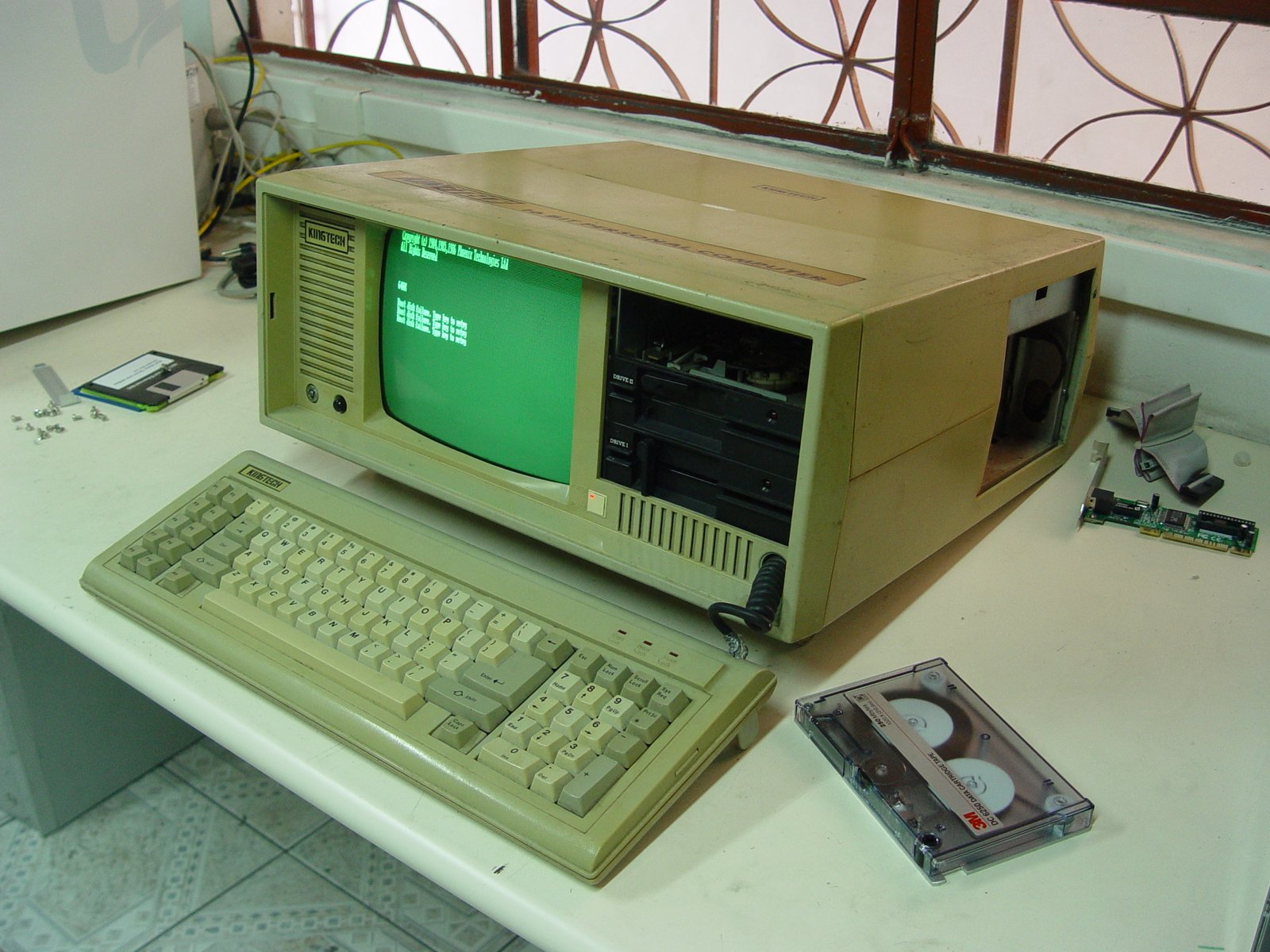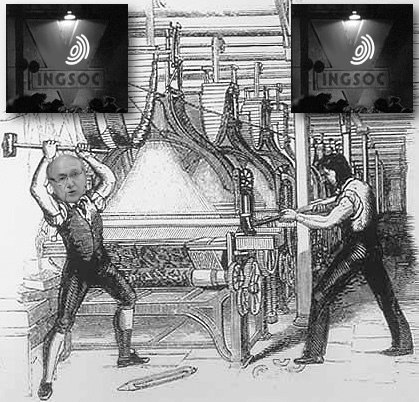
 Summary: Access to justice is severely compromised at the EPO as staff is led to rely on deficient tools for determining novelty while judges are kept out of the way or ill-chosen for an agenda other than justice
Summary: Access to justice is severely compromised at the EPO as staff is led to rely on deficient tools for determining novelty while judges are kept out of the way or ill-chosen for an agenda other than justice
THERE are no software patents in Europe. In theory at least. The EPO does not obey the rules and grants software patents anyway -- something which the USPTO (birthplace of software patents) is gradually stopping.
The IPTAB is gaining not only a very senior corporate IP figure, but a substantially pro-patent one. Last year, under Kim’s leadership, LG Electronics launched its first US patent litigation campaign as a lead plaintiff, a big step toward extracting further value from its portfolio. In recent years, Kim has closed IP deals with operating companies such as Microsoft, Ericsson, IBM, Technicolor and Amazon, as well as with NPEs [read: patent trolls] including Evolved Wireless, France Brevets, and PanOptis.
Some may view your post as cynical, but when you view ANY business operation - and most all business operations are based on that very same concept - why is it that you think that examiners should be excused from the (seemingly) natural market forces that affect everyone else?
Exactly which "market forces" do you believe are at play with regard to the recruitment of EPO examiners?
The EPO is an international organisation that has a monopoly on dishing out (EPC-wide) monopolies. This means that the EPO does not have any relevant "competition". It is therefore completely inappropriate to apply "free market" concepts to such an organisation.
Of course, should its "users" so demand, then it might be appropriate for the EPO to look for ways of reducing costs (and hence reducing fees). But even then, one has to balance any drive to reduce costs against other demands that the "users" of the system may have.
At this point, it is important to remember that the "users" of the system include 3rd parties whose freedom to operate will be curtailed by the monopolies that the EPO grants.
It is therefore inconceivable that a majority of the EPO's "users" would ever be in favour of any cost-cutting that compromised the ability of the EPO to conduct high quality examination. From this perspective, it hard to see what justification there could possibly be for adopting recruitment practices that are aimed at "de-skilling" the EPO's entire examiner base.
You misunderstand the aim of my earlier comment.
It is not that the EPO "has competition" - or not. It is nothing whatsoever to do with the "users" of the system (therein lies nothing but dust-kicking).
It is that the EPO may apply what is no more than standard business protocols to its own work.
Or do you think that such is somehow off limits? Under what basis would this power to set as "off limits" come from?
I think that you are rather missing the point.
There is no "standard business protocol" when it comes to a patent office. This is because there is no "business" to speak of.
Patent offices exist for the sole purpose of being the first (and most important) gatekeeper to a state-sanctioned monopoly. A patent office therefore only serves its purpose if it applies adequately (but not overly) stringent criteria to the grant of a monopoly.
So yes, it is "off limits" to consider adopting practices that are liable to render the patent office not fit for purpose.
It is interesting to note that the European Medicines Agency values its "skilled" staff so highly that it believes that the new location for the Agency should only be selected from the cities that staff surveys show would provide a high retention rate.
The EMA is much like the EPO in that it examines applications to check that they meet suitable standards. So if retaining skilled staff is such a high priority for the EMA, why should it be any different for the EPO? Improvements in efficiency are one thing, but my view is that any "improvements" that would render the EPO incapable of performing its function should never even be contemplated.
